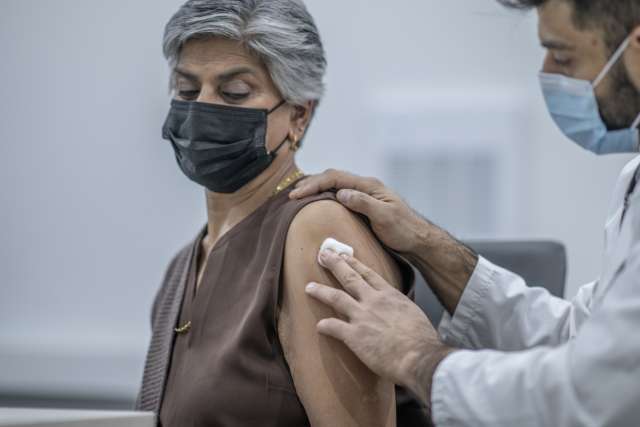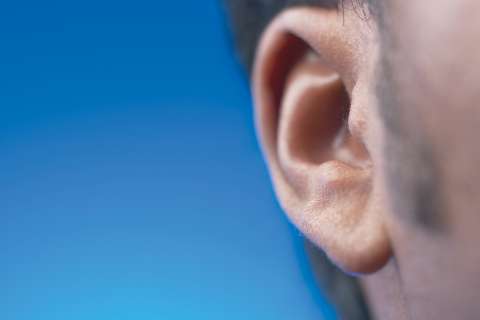Dear Doctors: My wife had COVID-19 recently. When the test came back positive, we realized we're not sure of the current protocols for what to do when you get sick. When are you supposed to start isolating, and how long should that last? What about treatment recommendations?
Dear Reader: With cooler weather and more indoor living, many states are seeing an uptick in cases of COVID-19. This has led to an increase in hospitalizations and deaths.
We have come a long way from the pandemic-era levels of illness and fatalities, but COVID-19 still poses a real threat. This is particularly true for older adults and people of all ages with weakened immune systems. It's also important to keep in mind that even mild illness can result in the lingering -- and sometimes debilitating -- symptoms of long COVID.
The Centers for Disease Control and Prevention advises that someone who tests positive for COVID-19 should isolate from others for five days. That means for the sake of the people around you, please stay home. The five-day timeline begins with the onset of symptoms. You can leave isolation at the end of five days if you are free of symptoms. When symptoms linger beyond the five-day window, the CDC recommends continuing to wait until they have markedly eased.
For those who are asymptomatic but have tested positive for infection with the virus, the countdown begins on the day of the test. Someone who has been exposed to the virus should begin testing three days after exposure and continue testing for another two to three days.
If someone who has tested positive needs to be around others, it is important for them to wear a high-quality and well-fitted mask. The good news is that N95 masks, which are an effective barrier to spreading the virus, are both affordable and widely available.
Time any errands for low-traffic times of day in order to lessen someone else's potential exposure. Don't spend time in close quarters with vulnerable individuals. We know this puts a burden on the person who has tested positive. However, it's the best way to limit the spread of the virus and to protect others from becoming ill.
Anyone who tests positive for COVID-19 and is at higher risk of developing severe illness should get in touch with their health care provider. Antiviral medications, such as Paxlovid and molnupiravir, have been shown to significantly reduce the risk of hospitalization and death. However, in order for these drugs to be effective, treatment must be started as soon as possible after symptoms first appear. Your doctor will also be able to advise you about additional medications or treatments that can be used to ease and manage COVID-19 symptoms.
The best way to lower your risk of COVID-19 is to get vaccinated. The new vaccine, which has just recently been released, has proven to be very effective against the coronavirus and all of its variants. Anyone who hasn't been vaccinated, we urge you to do so. If it has been four or more months since your last COVID-19 booster, please get the updated shot.
(Send your questions to [email protected], or write: Ask the Doctors, c/o UCLA Health Sciences Media Relations, 10960 Wilshire Blvd., Suite 1955, Los Angeles, CA, 90024. Owing to the volume of mail, personal replies cannot be provided.)





